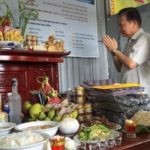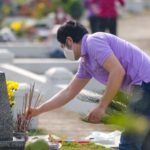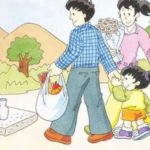1. Sons-in-Law Should Not Visit the Grave
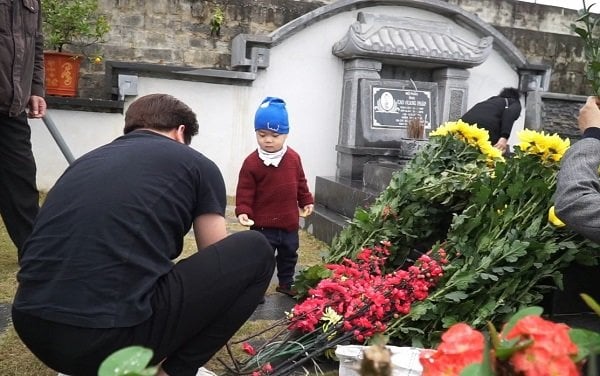
Why Sons-in-Law Are Not Encouraged to Visit Graves
Ancestral worship is a traditional ritual that expresses the piety of descendants towards the deceased. Remembering and praying for ancestors’ blessings for their descendants’ peace and prosperity is a natural spiritual need. An untended grave often signifies a family in decline, without successors.
Thus, the ancients said, “There are three types of unfilial children, and not continuing the family line is the worst.” In traditional beliefs, continuing the family line is of utmost importance, representing the continuity of the clan.
Therefore, any family with a son would not want outsiders to participate in ancestral worship. Although sons-in-law are considered “half-sons,” in the context of the clan, they are still outsiders.
2. Elderly Over 70 Years Old
Qingming Festival is an occasion for descendants to show their piety by visiting their ancestors’ graves. However, the somber atmosphere of the cemetery and the heavy emotions of grave visitors can negatively impact the well-being of the elderly, especially those over 70.
For those in this age group, traveling to the cemetery, especially in the early morning as the sun rises, can be hazardous. Moreover, according to the belief, “It is a rare blessing for a person to live past 70,” the elderly often reminisce about the past and may feel saddened when contemplating their mortality.
With frail health and limited endurance, grave-visiting can be exhausting and lead to negative emotions, causing concern for their descendants.
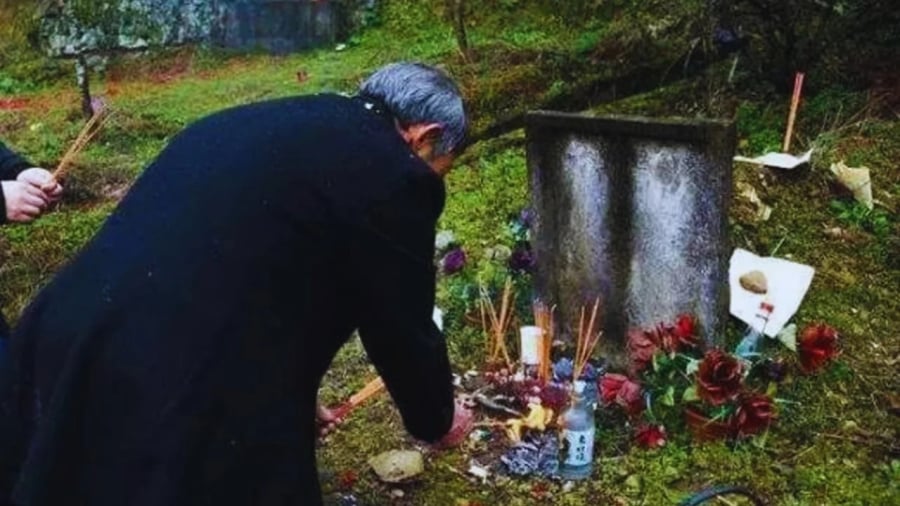
Elderly Over 70 Years Old Are Advised Not to Visit Graves
3. Children Under 3 Years Old
Qingming Festival is a time to show reverence to ancestors, and grave-visiting should be conducted solemnly, avoiding noise or laughter. Children under three years old do not understand the significance of grave-visiting, and bringing them to the cemetery may lead to running, playing, or even climbing on graves, which is highly disrespectful to the deceased.
Moreover, gravesites are places of heavy yin energy, especially in the early morning, and it can be chilling. Children under three years old have weak immune systems and are easily affected, leading to fever and unstable mental states.
The information in this article is for reference only

























